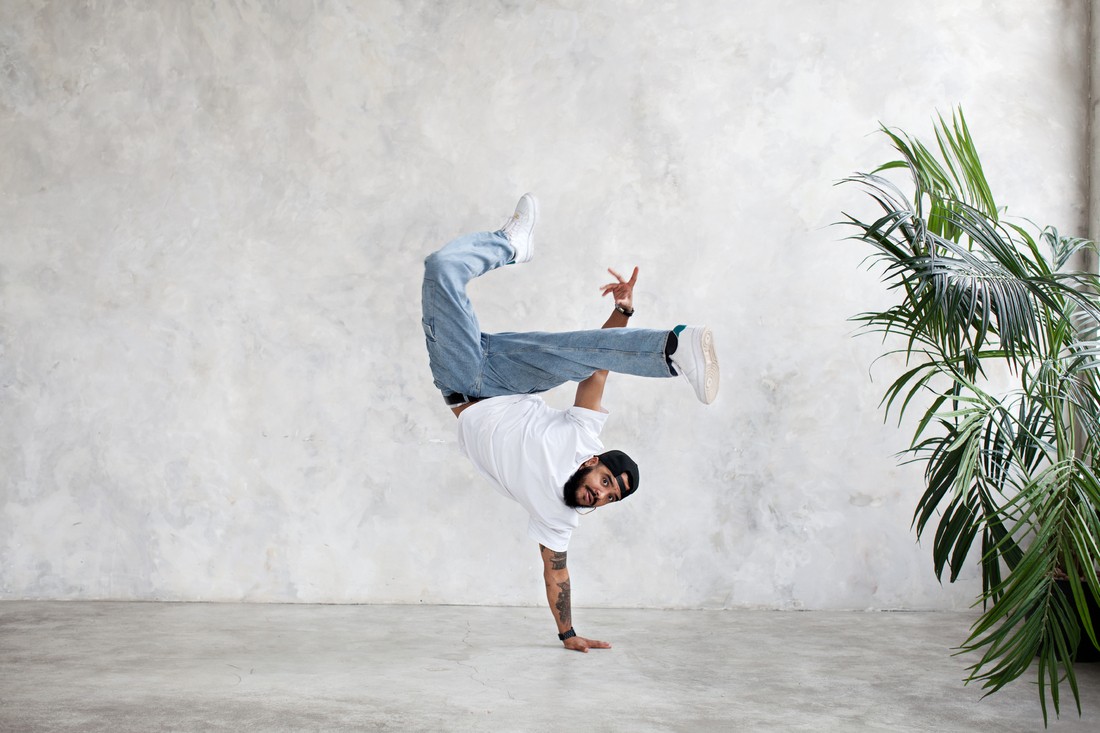The Power of Disability-Inclusive Dance Performances

Introduction
Disability-inclusive dance performances represent a powerful and transformative form of artistic expression. These performances celebrate the diversity of the human experience and challenge societal norms and misconceptions about disability. By breaking down barriers and embracing inclusivity, dance becomes a platform for empowerment, self-expression, and social change.
Increasing Accessibility in Dance
Accessible dance is a crucial aspect of disability inclusion in the arts. Companies and choreographers around the world are implementing innovative measures to ensure that dancers with disabilities have equal opportunities to perform and showcase their talents. This includes incorporating adaptive techniques, providing accessible venues, and fostering a supportive environment for all dancers.
The Impact of Inclusive Performances
Disability-inclusive dance performances have a profound impact on both performers and audiences. For dancers with disabilities, these performances provide a sense of belonging, empowerment, and validation. They challenge societal stereotypes, redefine beauty standards, and inspire others facing similar challenges. Additionally, audiences are exposed to new perspectives and gain a deeper understanding of the diverse human experience.
Promoting Diversity in the Dance Community
Embracing disability inclusion in dance promotes diversity within the dance community. By integrating dancers with disabilities, the dance community becomes more reflective of the real world and breaks away from traditional notions of what a “dancer” looks like. This not only enhances the artistic quality of performances but also fosters a culture of acceptance, respect, and collaboration among dancers of all abilities.
Advocating for Disability Representation
Disability-inclusive dance performances serve as a powerful form of advocacy for disability representation in the arts. These performances challenge the lack of representation and visibility of people with disabilities in mainstream media and cultural spaces. By showcasing the talents and achievements of disabled dancers, they inspire dialogue, influence public perception, and drive positive change in society.
The Role of Inclusive Dance Organizations
Inclusive dance organizations play a vital role in promoting disability inclusion in the arts. These organizations provide training, resources, and platforms for dancers with disabilities to thrive. They also collaborate with mainstream dance companies, educational institutions, and community organizations to create more inclusive and diverse dance opportunities.
Challenges and Opportunities
While significant progress has been made in promoting disability-inclusive dance performances, there are still challenges to overcome. Limited funding, lack of accessible infrastructure, and societal biases are some of the barriers that need to be addressed. However, these challenges also present opportunities for continued growth, innovation, and advocacy in the field of disability-inclusive dance.
Celebrating Diversity and Equality through Dance
Disability-inclusive dance performances exemplify the power of art to break down barriers, challenge stereotypes, and promote equality. They celebrate the strength, resilience, and creativity of disabled dancers while fostering a more inclusive and accepting society. By embracing disability inclusion in dance, we can pave the way for a more diverse and equitable future in the performing arts.
Why are disability-inclusive dance performances important?
How do disability-inclusive dance performances impact audiences?
Important Facts and Statistics about Disability-Inclusive Dance
- Breakdancing, also called breaking and B-boying, is an energetic form of dance popularized by African Americans and Latinos, featuring stylized footwork and athletic moves such as back spins or head spins(Source: Dance Competitions – competes.tv).
- In the late 1970s and early 1980s, breakdancing was developed by the Puerto Rican youth in New York City(Source: Red Bull: History of Breakdancing).
- Disability-inclusive dance performances challenge traditional notions of what a “dancer” looks like and promote diversity within the dance community(Source: Dance Competitions – competes.tv).
Break down barriers and celebrate the beauty of disability-inclusive dance performances. Join the movement towards a more inclusive dance community!